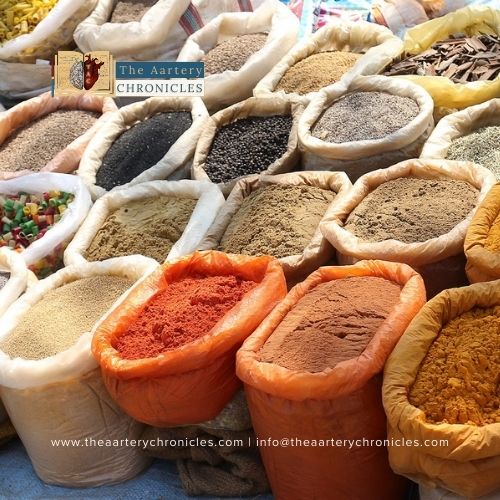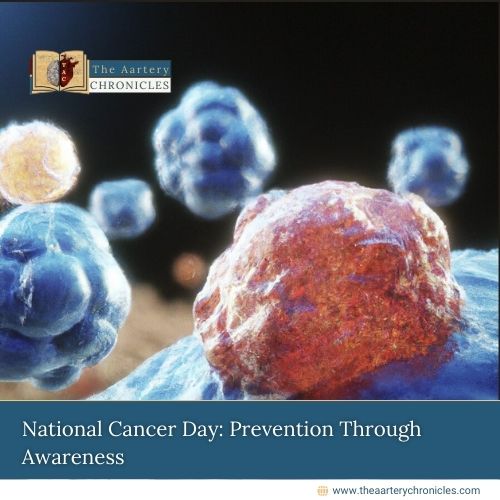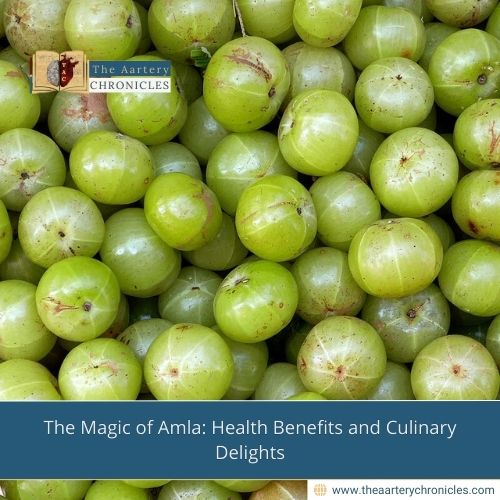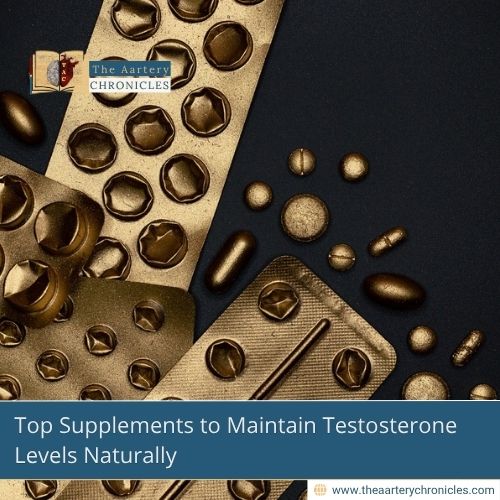
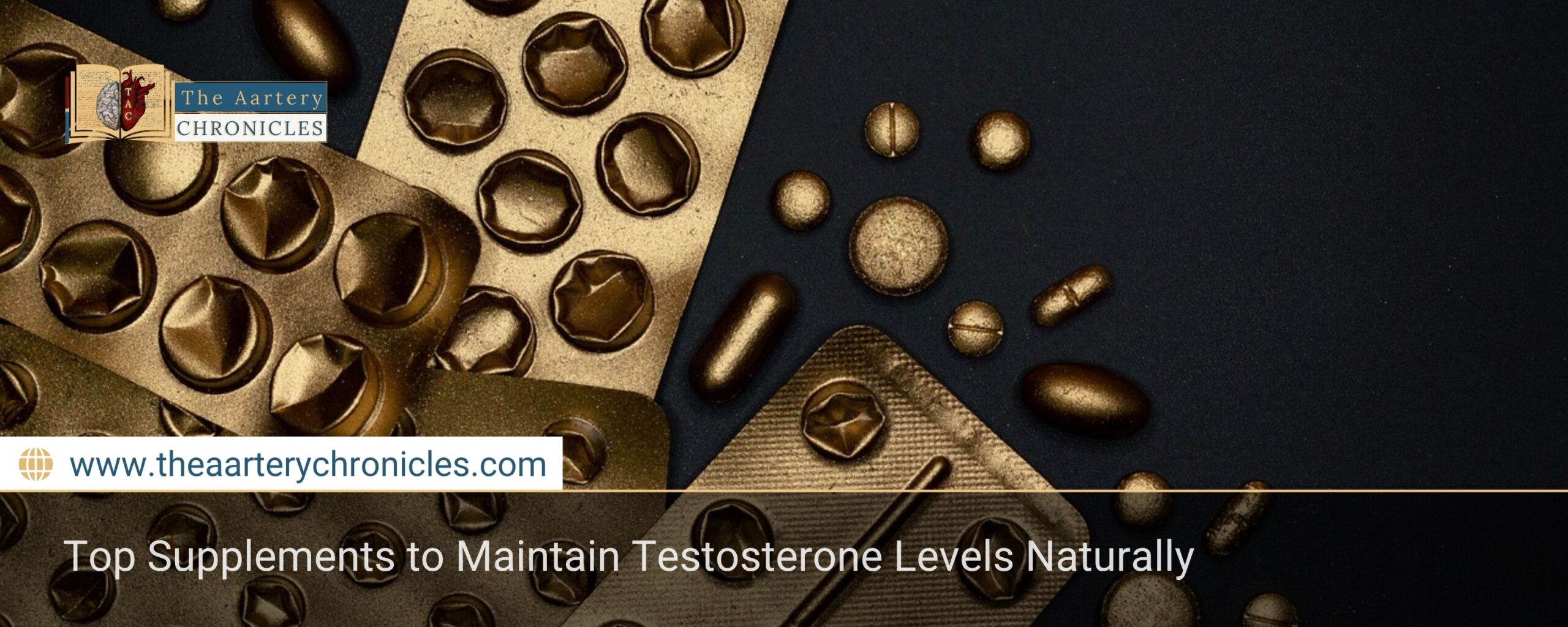
Top Supplements to Maintain Testosterone Levels Naturally
Introduction
Testosterone is the key hormone of virility, but it is also essential for the general well-being of men, as it is involved in functions such as muscle mass, bone density, libido, mental energy and the production of red blood cells. Its levels tend to decline naturally after the age of 30, but certain factors such as chronic stress, a sedentary lifestyle or a poor diet can accelerate this process. In this article, we will explore which supplements can help maintain or support testosterone levels, according to the available scientific evidence.
What Is Testosterone And Why It Can Drop
Testosterone is an androgenic steroid hormone produced primarily in the testes and, to a lesser extent, in the adrenal glands. Its peak occurs between the ages of 20 and 30, after which a physiological decline of approximately 1% per year occurs.
Some of the most common reasons for low Testosterone are:
- Advanced age
- Overweight and visceral obesity
- Chronic Stress and Increased Cortisol
- Diet poor in essential nutrients
- Insufficient sleep
- Sedentary lifestyle
- Use of alcohol and anabolic substances
Useful Supplements To Support Testosterone Levels
1. Zinc
Zinc is an essential mineral that participates in the synthesis of testosterone and the proper functioning of hormone receptors.
- Deficient in many modern diets
- It also supports male fertility
- Recommended dose: 15–30 mg daily
2. Magnesium
Involved in over 300 enzymatic reactions, magnesium helps reduce cortisol, which inhibits testosterone production.
- Helps improve sleep quality
- Enhances muscle and nerve function
- Recommended dose: 200–400 mg daily
3. Vitamin D3
Vitamin D acts as a prohormone and directly influences the synthesis of testosterone.
- Studies show that optimal vitamin D levels are associated with higher total testosterone levels
- Recommended dose: 2000–4000 IU per day, after blood test
4. Ashwagandha (Withania somnifera)
It is a natural adaptogen that reduces stress and promotes increased testosterone in men with low to moderate levels.
- It also improves physical endurance and sperm quality.
- Clinical studies confirm its effectiveness (up to 15% increase)
- Recommended dose: 300–600 mg daily (standardized extract)
5. Tribulus Terrestris
Traditionally used as a male tonic, Tribulus can stimulate libido and in some individuals help increase hormone levels.
- Especially effective in cases of reduced sexual function
- Variable results depending on individual hormonal profile
- Recommended dose: 250–750 mg daily
6. Fenugreek (Fenugreek)
Rich in furostanolic saponins, it appears to increase the availability of free testosterone, improving libido and strength.
- It can help improve body composition
- Effective dose: 500–600 mg per day
Other Secondary But Useful Nutrients
- Vitamin B6: Cofactor in hormone production
- Omega-3: Supports hormone production and inflammation reduction
- Selenium: An antioxidant important for testicular function
Supplements Yes, But Only With An Adequate Lifestyle
Supplementation alone is not enough: to maintain high testosterone levels you also need:
- Regular physical activity, especially strength training and HIIT
- Balanced diet, with proteins, healthy fats and micronutrients
- Sufficient night’s rest (7–9 hours)
- Reduction of stress and harmful substances (alcohol, smoking)
When To See A Doctor
If you suspect low testosterone (fatigue, decreased libido, increased abdominal fat, depression), it is essential to do a complete hormone analysis and discuss it with an endocrinologist or andrologist. Some cases require hormone replacement therapy (TRT), but only under strict medical supervision.
Conclusion
There are several natural supplements that, when combined with a healthy lifestyle, can support and maintain testosterone levels over time. Zinc, magnesium, vitamin D, Ashwagandha, and fenugreek are among the most promising, but the effectiveness depends on individual factors. Before starting any supplementation, it is always advisable to consult a health professional for a personalized evaluation.
References
- https://www.ncbi.nlm.nih.gov/pmc/articles/PMC3693613/
- https://pubmed.ncbi.nlm.nih.gov/20352370/
- https://examine.com/supplements/fenugreek/



